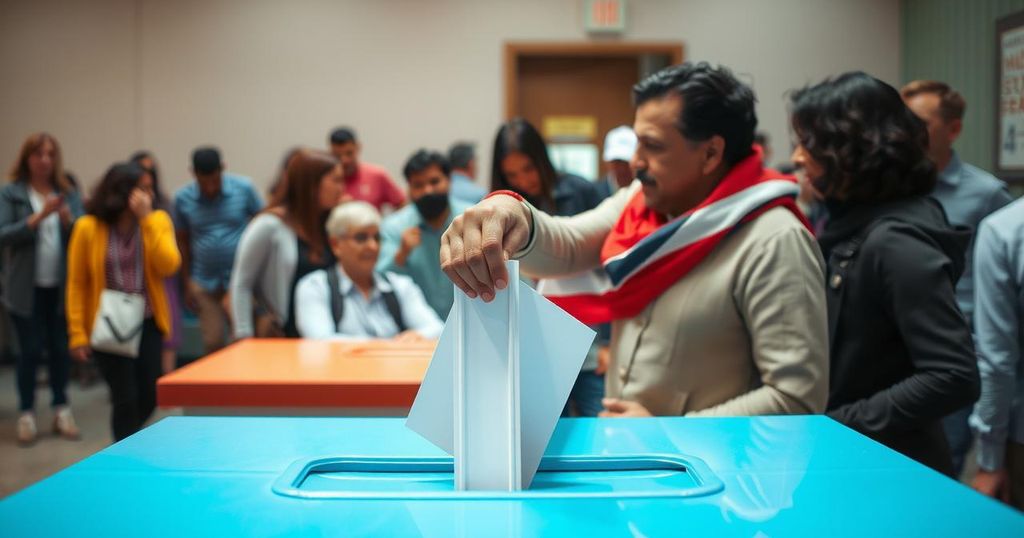Bolivia’s Judicial Elections: Insights for Mexico’s Upcoming Reforms

Bolivia’s judicial elections highlighted voter apathy and dissatisfaction amid concerns over the politicization of the judiciary. As Mexico prepares for similar reforms, these events raise critical questions about the integrity and independence of judicial systems that rely on popular elections.
In Bolivia, recent judicial elections showed that voters feel uninformed and disenfranchised, leading to apathy and frustration. Although prohibited, candidates employed creative methods to gain visibility, like branding snacks with their images. With voting compulsory, many voters expressed uncertainty about whom to support due to the complex ballot. Critics argue that the election system has politicized the judiciary in Bolivia and elsewhere in Latin America, presenting a cautionary example for Mexico, which is implementing similar reforms. Experts fear that such elections compromise judicial independence, turning courts into political battlegrounds that undermine democracy. The upcoming elections follow a history of controversies, where the court’s decisions have further complicated Bolivia’s political landscape, raising questions about the legitimacy of elected judges and their influence on governance.
Bolivia uniquely elects its top judges in a popular vote, a system established over a decade ago in place of one focused on qualifications. However, this approach has faced growing criticism, particularly regarding its impact on judicial independence and its potential to entrench political power. As Mexico looks to introduce a similar system following significant reforms championed by its former president, lessons from Bolivia’s experience highlight the dangers of politicizing the judiciary, which may threaten democratic integrity.
The recent judicial elections in Bolivia serve as a stark reminder of the potential pitfalls associated with electing judges through a popular vote. Voter apathy and frustration reveal widespread disillusionment with the electoral process, echoing concerns raised by critics about the politicization of the judiciary. Mexico’s upcoming changes in its judicial selection process may benefit from observing these outcomes in Bolivia to avoid similar issues that could adversely affect its democracy.
Original Source: www.newspressnow.com






